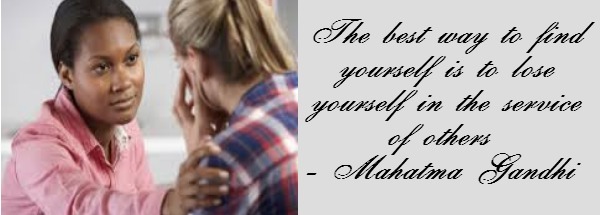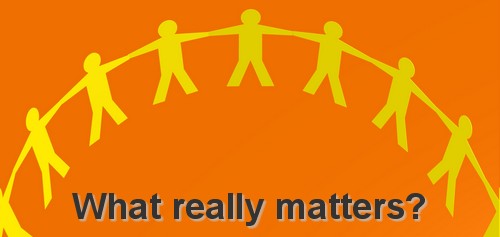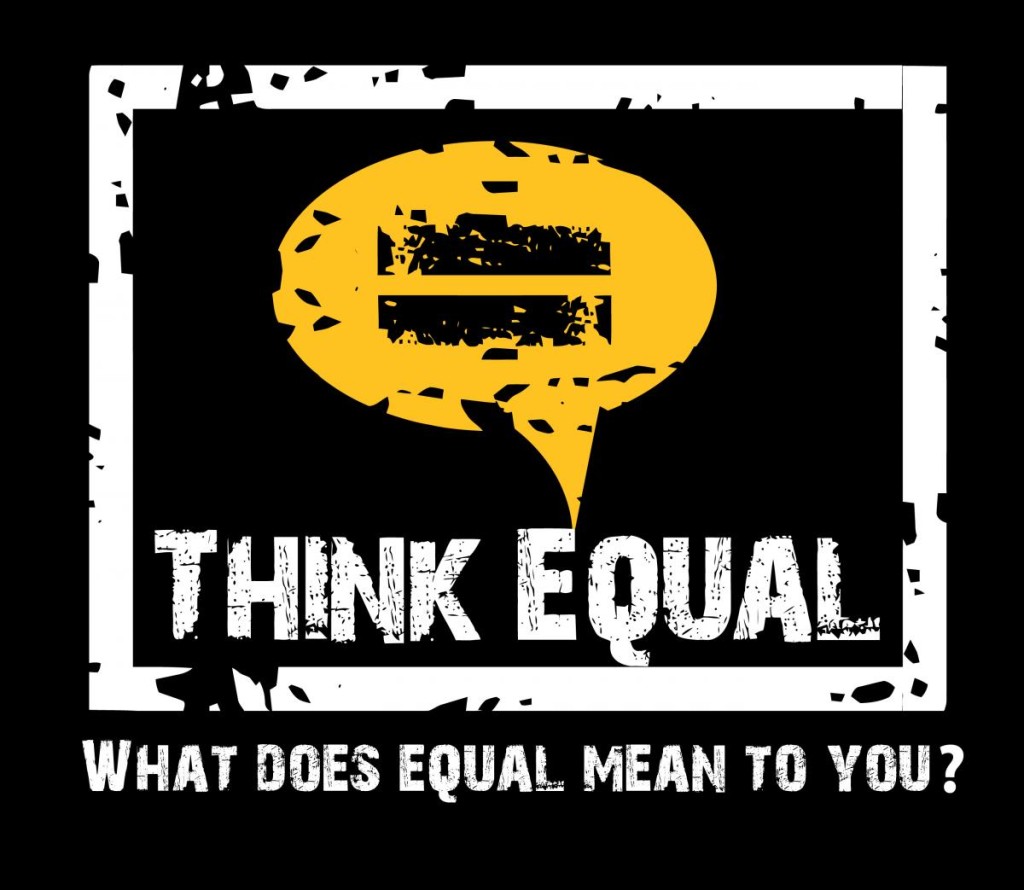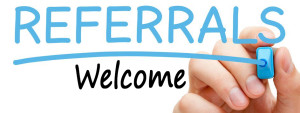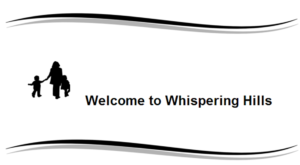
Mario Kart Registration Form
[vfb id=’7′]
Become a Community Advisory Board Member
[vfb id=6]
Ever feel clueless when it comes to HIV lingo?
Never fear! Click the image below to go to Healthline’s website where you can hover over the words to see their definitions!
 |
>
Source: http://www.healthline.com/health/hiv-aids/words-you-should-know (2014)

Oral Health
Oral health
Too often we take essential parts of our everyday lives for granted. Oral health is not only important for a nice smile and to keep our breath smelling good. It is important for overall health and nutrition as well. The CDC states that oral disease ranging from cavities to oral cancer causes discomfort and disability for millions of Americans each year. Cavities can cause pain, absences from work or school, and make eating difficult. Another common oral health issue is gum disease, defined as an infection caused by bacteria that get under the gum tissue and begin destroying teeth and bone. The CDC states gum disease may also be connected to other health issues, such as diabetes, heart disease, and stroke. They note that more research is under way to examine the nature of the connections.
Oral health makes a difference in people living with HIV/AIDS. The US Department of Health and Human Services states that oral health problems are common among people living with HIV/AIDS. Not only do they experience a lot of common issues, like cavities and gum disease, they also are susceptible to other oral health problems because of HIV. AIDS.gov identifies some oral health issues common to people living with HIV/AIDS as: oral warts, fever blisters, oral hairy leukoplakia, thrush, and canker sores. In addition, dry mouth is a side effect of HIV medication. Dry mouth predisposes people living with HIV/AIDS to dental decay, periodontal disease, and fungal infection. Any of these conditions also impedes food intake and nutrition, of critical importance in someone with a chronic disease. Not only is it vitally important to be able to ingest nutrients to be able to function, it is important for the absorption of HIV medications. Further, bacterial infections that start in or around the mouth can escalate to systemic infections and harm other areas of the body if not treated, especially in people with severely compromised immune systems who can’t fight off the infection by themselves.
|
Tips from the Pro’s For Good Oral Health
|
|
|
|
|
|
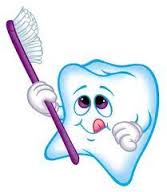

W.O.M.E.N. and Service
W.O.M.E.N. and Service
As we celebrate our 20th anniversary as an organization we are doing some soul searching to define our next 20 years. Who can we serve? How do we want to serve them? How do we do the most good for the most people? What does it really mean to serve another? These are questions every social service agency should ask itself periodically. It’s by questioning yourself; your motives, your capacity, and taking a step back and assessing what is going on in the world around you that you stay grounded and focused. It allows you to continue to be able to serve.
So in addition to celebrating, honoring those we serve, and thanking those who support us in that service, there will be some changes.
We are excited to announce that starting this year, we will be shifting our services to patient navigation.
What this means for those we serve: Now, more than ever, you will get the one-on-one support you need to enter into and maintain yourself in the healthcare system. Our patient navigators will be here to help make appointments, arrange transportation to appointments, and will even attend those appointments with you. They will educate on treatment plans, answer questions, and link you to other social services. In addition, we will continue to provide the same services we have always provided, such as food distribution, HIV counseling and testing, support groups, transportation, education seminars, workshops, community forums, community health fairs, peer to peer education sessions, HIV positive patient education curricula, and street and college campus outreach and prevention education.
Why this is important: This shift is important because it will help our clients access healthcare and maintain medical compliance, which is vital for overall quality of life. In addition, medical compliance can lower viral load, which according to the CDC can lower the risk of spreading HIV/AIDS.
What you can do to get involved: Come celebrate with us! We are planning a year’s worth of celebration! From a year long silent auction, to a host the barrel campaign, to an exciting gala event (more details to come!) we are looking forward to a great year ahead! So bid on an auction item, or host our barrel to gather food for our food pantry. Come to our events! And DONATE! Any donation will be greatly appreciated and is tax deductible. Contact us for more information!

Host The Barrel Campaign!
Guess what! In order to celebrate our 21st anniversary we are doing a food drive called “Host The Barrel”! If you are willing to participate by allowing us to place our barrel at your organization or office, please contact us!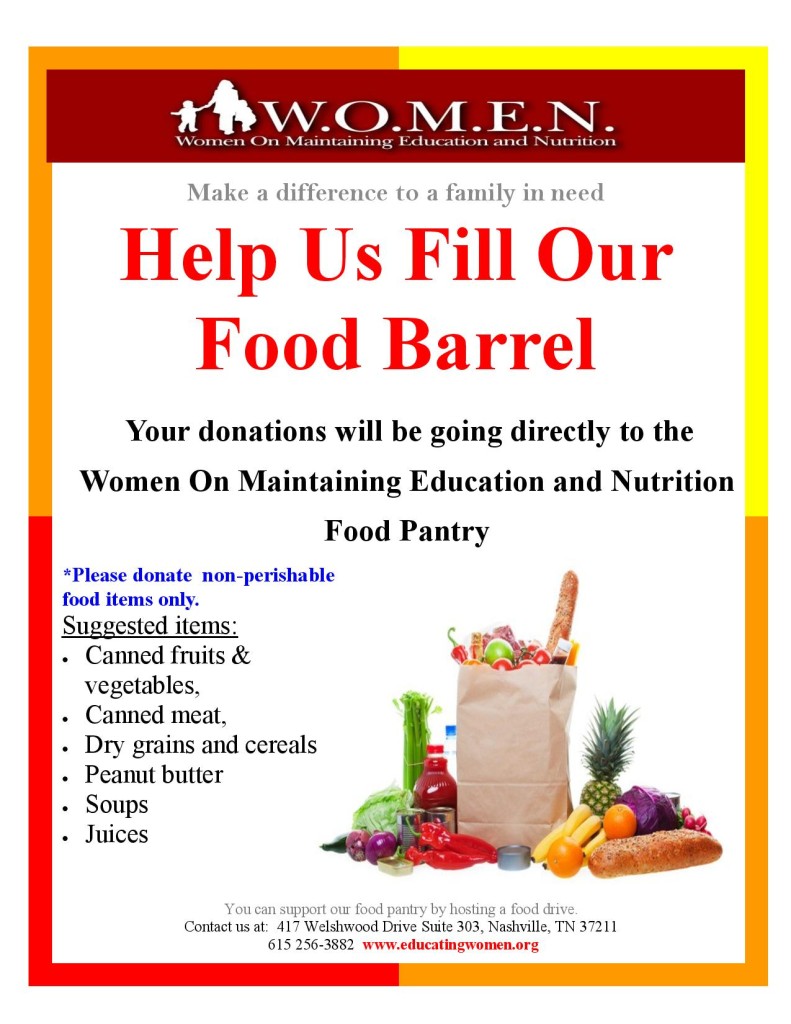
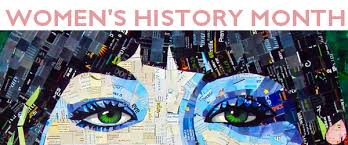
The Importance of Women
Women. You can say it sarcastically, reverently, apathetically. No matter how you say it, however, the word produces an image. An image of a mother, a sister, a daughter. Women made up 50.8 percent of the American population in 2011 according to CDC numbers, so chances are you know one or two. How often do you thank them? March is Women’s History Month where we honor and thank the women who came before us for fighting for the rights we have now. We haven’t always had them. While we as a society have come a long way since 1920 and the nineteenth amendment that gave women the right to vote, we still have a ways to go.
Perhaps the most striking example of that is looking at women’s role in the workplace. Bureau of Labor statistics state that in 2012 women were about twice as likely as men to work part time (less than 35 hours per week). Specifically, women who worked part time made up 26 percent of all female workers in 2012 while 13 percent of men who worked, worked part time.
Beyond that, women who were full-time wage and salary workers had a median usual weekly earnings of $691, while the earnings of male full-time wage and salary workers was $854 in 2012. This means that on average, women made about 81 percent of the median earnings of their male counterparts. By way of comparison, in 1979, the first year for which comparable earnings data are available, women earned 62 percent of what men earned.
Further, the occupational distributions of female and male full-time workers differ significantly. Women are more likely than men to work in professional occupations rather than in occupations like construction or transportation. However, they are much less likely to be employed in higher paying job groups such as the computer and engineering fields than their male counterparts. For example, in 2012, 9 percent of women were in those occupations as compared with 45 percent of men. Women are, in fact, much more likely to work in healthcare and education jobs, which pay less. Specifically, 68 percent of professional women worked in one of those fields in 2012, compared with 30 percent of men.
As we all look back this month, and remember the great women of the past; Elizabeth Cady Stanton, Harriet Tubman, Susan B. Anthony and many, many, more we must also look to the future. We must let the passion and commitment they expressed guide us to continue to grow as a nation that values all its citizens fully.
To do that however, it must start in the individual woman herself. In order to affect real change to have equality when and where it matters, women must perceive themselves as equal when and where it matters. Equal work for equal pay may not mean that the average salary for a woman will be the same for a man. Yes, a male fast food technician should make the same salary as a female fast food technician. A female lawyer should make the same salary as a male lawyer. But if more women are fast food technicians and more men are lawyers, the net average salary will still be different.
So the woman must choose. Does she want to be a fast food technician or a lawyer? She must be content with her choice and be empowered with the knowledge that it was her choice, and hers alone, whatever factors she took into consideration when deciding it. Further, society should value that choice as well, understanding that the decision was not made lightly. Society should express that by offering all citizens a living wage that is dependent on the task being performed and the ability of the person to perform the task. If it does not, it is the responsibility of the citizen to ask for it, even demand it. That is the only way to make it a reality. Women are important to society. In the workforce and in the home. Women’s History Month honors that.

HIV and Relationships
Imagine yourself and your primary intimate relationship. Is it a new relationship? One just beginning? Or have you been in it for so long you don’t remember life without your significant other? Now imagine you have just been diagnosed with HIV, or even AIDS. Imagine on top of being told you have a manageable, but not curable transmittable disease, you have to tell your new friend or your life partner about it.

When do you tell them?
How do you tell them?
What do you tell them?
Do you continue or enter into a primary intimate relationship after receiving an HIV or AIDS diagnosis?
AIDS.gov answers the question of whether someone who is HIV positive can be in relationships and marry with an emphatic yes. People living with HIV/AIDS are both of those things: People and Living. Relationships and intimacy are an important part of a healthy lifestyle, which is all the more important when dealing with any illness, especially a chronic one. Further, people diagnosed with HIV/AIDS often exhibit mental illness such as depression, anxiety, and/or mania in conjunction with the biological part of the disease. That being the case, it is vitally important that someone with HIV/AIDS consciously work to build relationships, whether it be friendships or something more intimate. They must work hard to reject the tendency towards isolating themselves and continue or begin relationships. It can be done with some trust, and some responsibility from both parties.

When to tell:
Revealing your HIV/AIDS status is, in most cases, a personal choice. There is no right or wrong time or way to disclose to a potential or current partner that you have HIV/AIDS. You can go on a few dates, and then tell the person if you feel the relationship is progressing; or you can tell them on the first date. It should be noted, however, that in several states the law does require you to tell your partner your status BEFORE having sex or you could be prosecuted.
Serosorting and serodiscordant relationships:
Some people with HIV/AIDS choose to only have sexual relationships with other people who are HIV/AIDS positive. This is called serosorting and the couple is seroconcordant. However, the World Health Organization estimates that on a global level as many as half of the HIV positive people who are in long term relationships have HIV negative partners. This is called a serodiscordant relationship. Many more people do not know their partner’s status. In a serodiscordant relationship, there is always a risk of passing the disease to your partner, but there are ways to minimize the risk. The use of condoms, medical adherence, and pre-exposure prophylaxis are all ways to both minimize the risk of passing the disease as well as keeping the HIV positive partner healthier, longer.
Intimate relationships are one of the things that make life worth living. Everyone deserves to have a life worth living no matter what illness they face. Being diagnosed with HIV/AIDS does not mean that the person is not lovable, does not deserve love, or does not need love. As with all relationships, trust has to be built, and it has to be the right relationship at the right time. One has to prepare for rejection in relationships no matter who they are or what their circumstances are. It’s what makes finding the right one that much sweeter.
Development Specialist
This part time position(15 hours a week) can expand to additional hours depending upon available resources.
Development Specialist
Specific Duties
Marketing:
- Capitalize on and implement agency brand
- Communicate with pledge holders as they complete pledge obligations
- Implement major and minor capital campaigns
- Create and implement marketing strategies
- Increase donors, keep donor list current updated
Fundraising Events
- Maintain events calendar
- Plan, schedule and execute individual events in conjunction with volunteers, staff and community groups
- Solicit in-kind goods and services as needed
- Schedule and document post event de-briefings reports
- Monitors W.O.M.E.N.’s compliance with donor gift intent.
Planned Giving
- Identify planned gift prospects
- Organize communications and materials for solicitation
- Organize targeted solicitation
Other duties as required
Develop a plan for each event
Keep confidentiality
Use critical thinking , strategic thinking
Monitor progress of fundraiser
Compile and develop eye catching materials to be submitted in a verity of outlets
Develop and maintain media contact lists
Develop strategies to encourage new or increased contributions
Recruit sponsors, participants, or volunteers for fundraising events
Direct or supervise fundraising staff, including volunteer staff members
Develop pledge drives through media-radio
Secure commitments of participation or donation from individuals or corporate donors.
Prepare materials for charitable events, such as fundraising envelopes, or gift bags
Establish fundraising or participation goals for special events or specified time periods
Explain the tax advantages of contributions to potential donors
Identify and build relationships with potential donors
Attend community events, meetings, or conferences to promote organizational goals or solicit donations or sponsorships
Contact corporate representatives, government officials, or community leaders to increase awareness of organizational causes, activities, or needs
Develop fundraising activity plans that maximize participation or contributions and minimize costs
Develop or implement fundraising activities, such as annual giving campaigns or direct mail programs
Coordinate web-based fundraising activities
Plan and direct events for fundraising, such as silent auctions, dances, golf events etc
Solicit cash or in-kind donations or sponsorships from individual, business donors
Write speeches, press releases, or other promotional materials to increase awareness of the causes, missions, or goals of organizations seeking funds
Conduct research to identify the goals, net worth, history of charitable donations, or other data related to potential donors, potential investors, or general donor markets
Coordinate transportation or delivery of materials, supplies, or donations for fundraising events
Secure speakers for charitable events, community meetings, or conferences to increase awareness of charitable, nonprofit, or political causes


